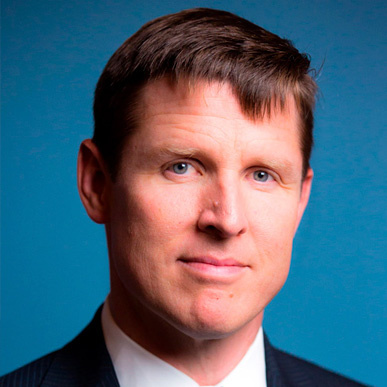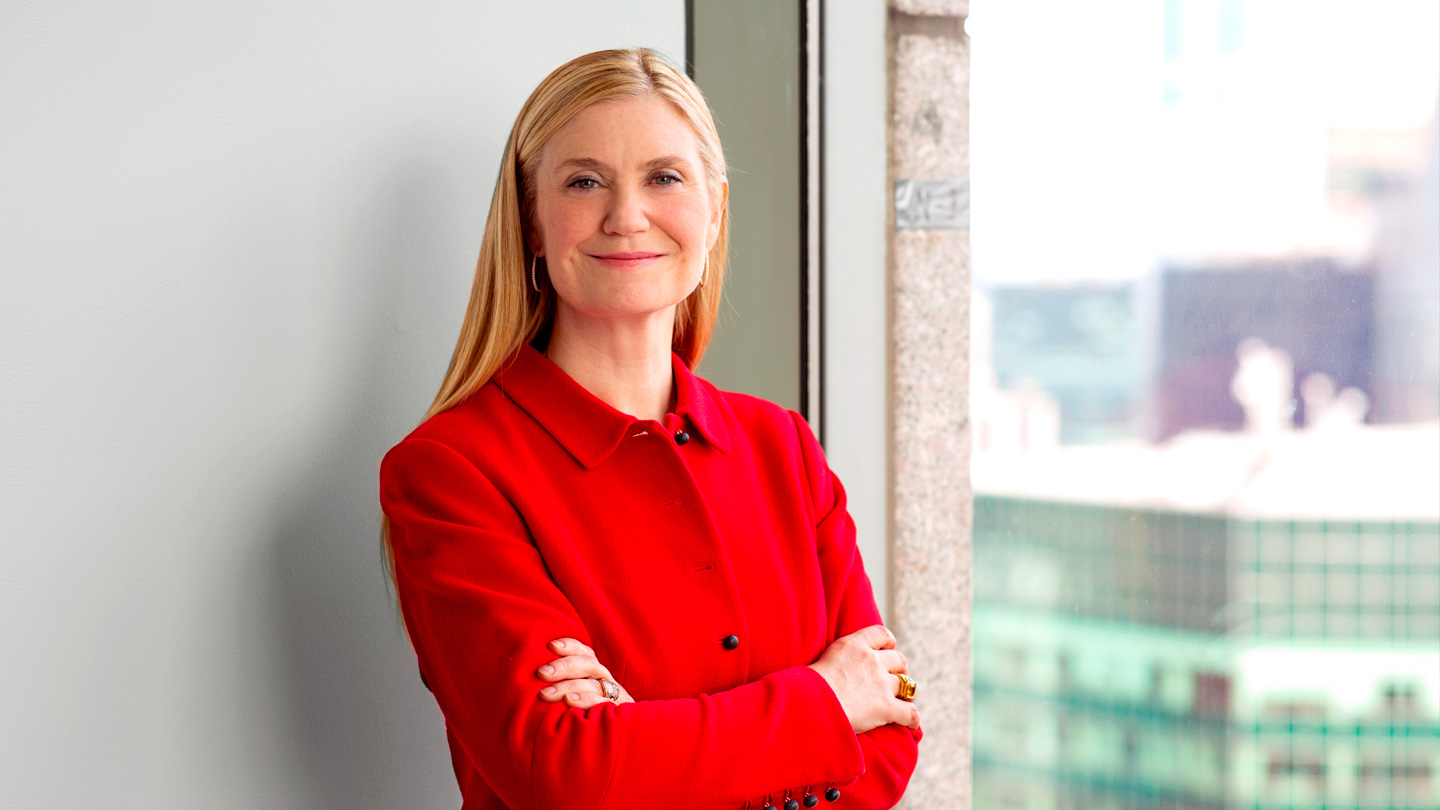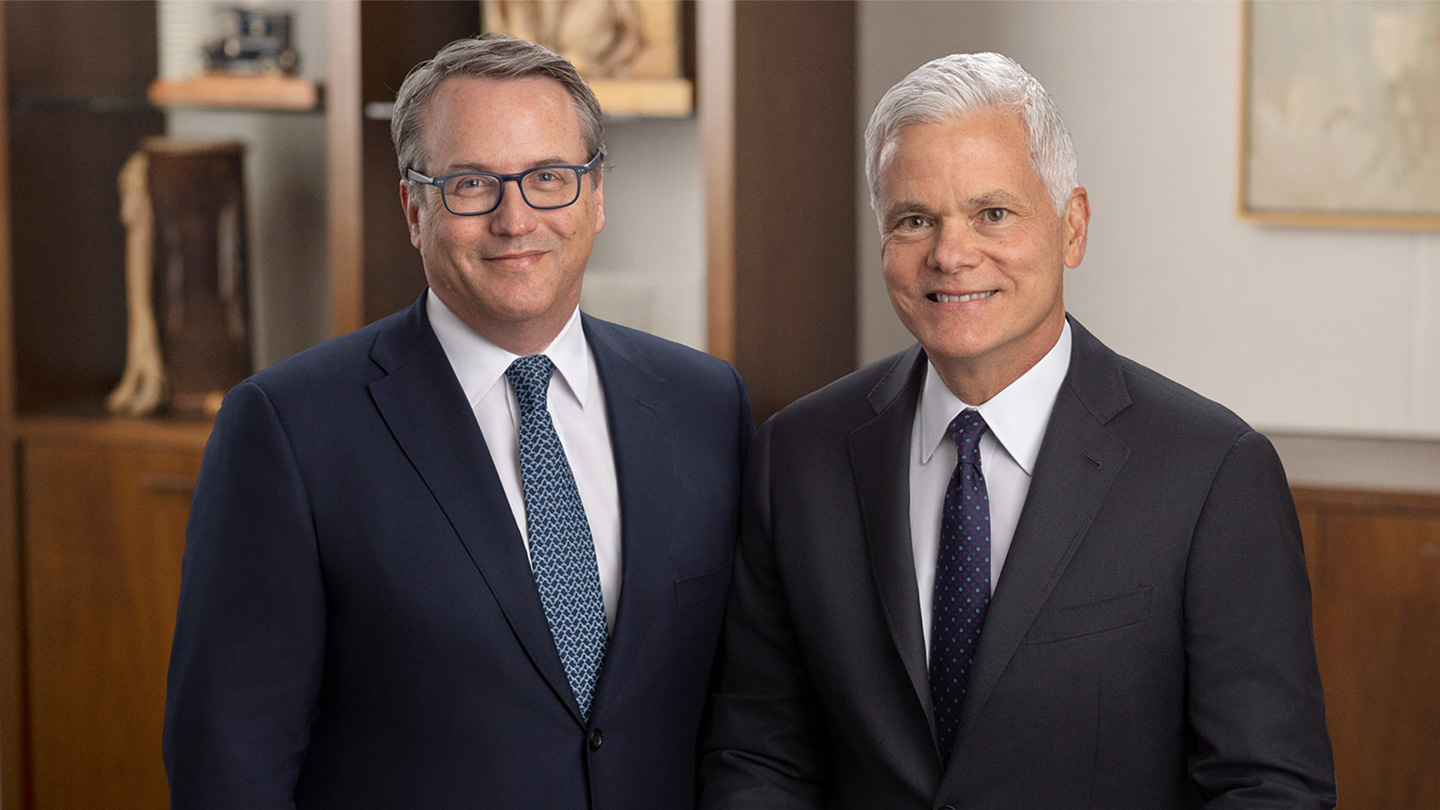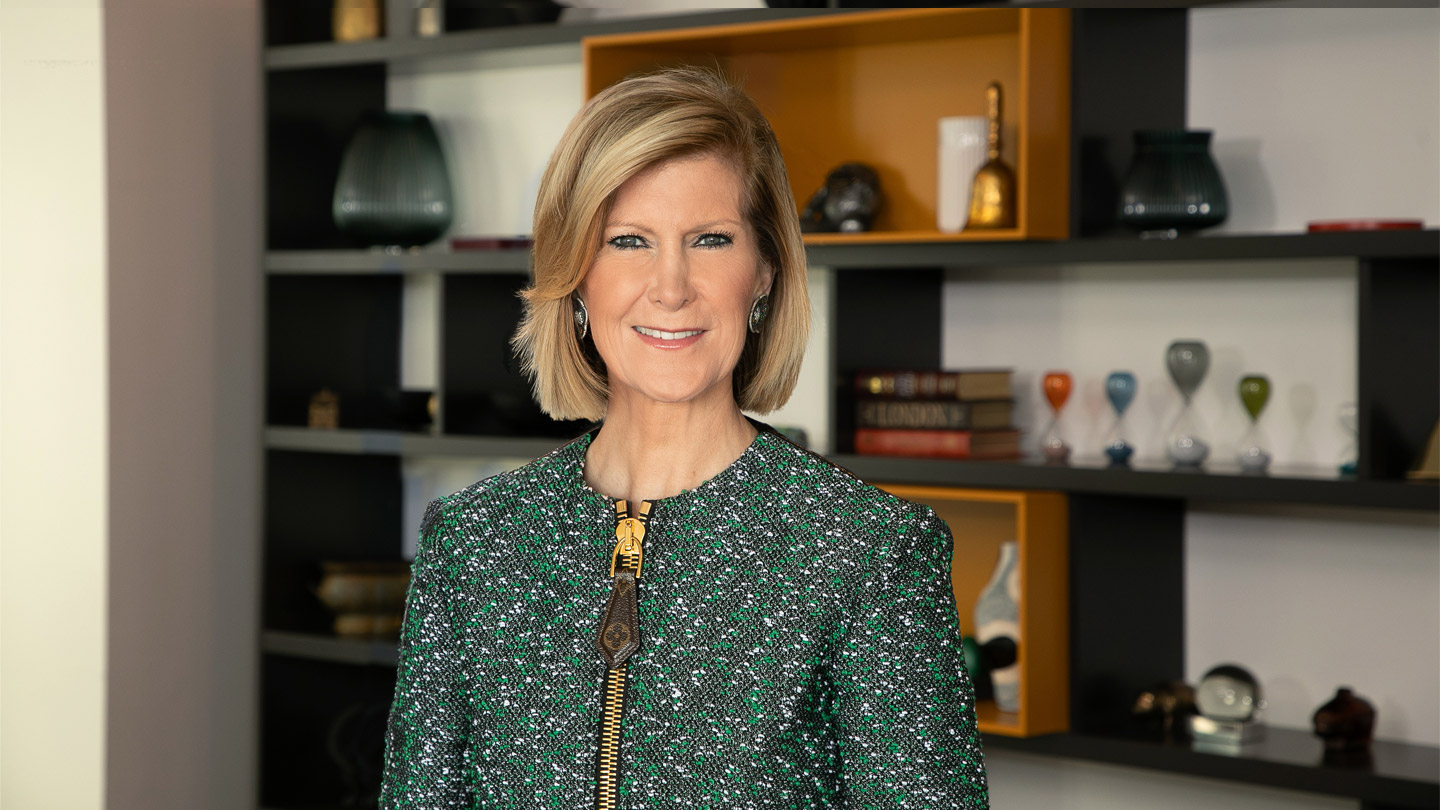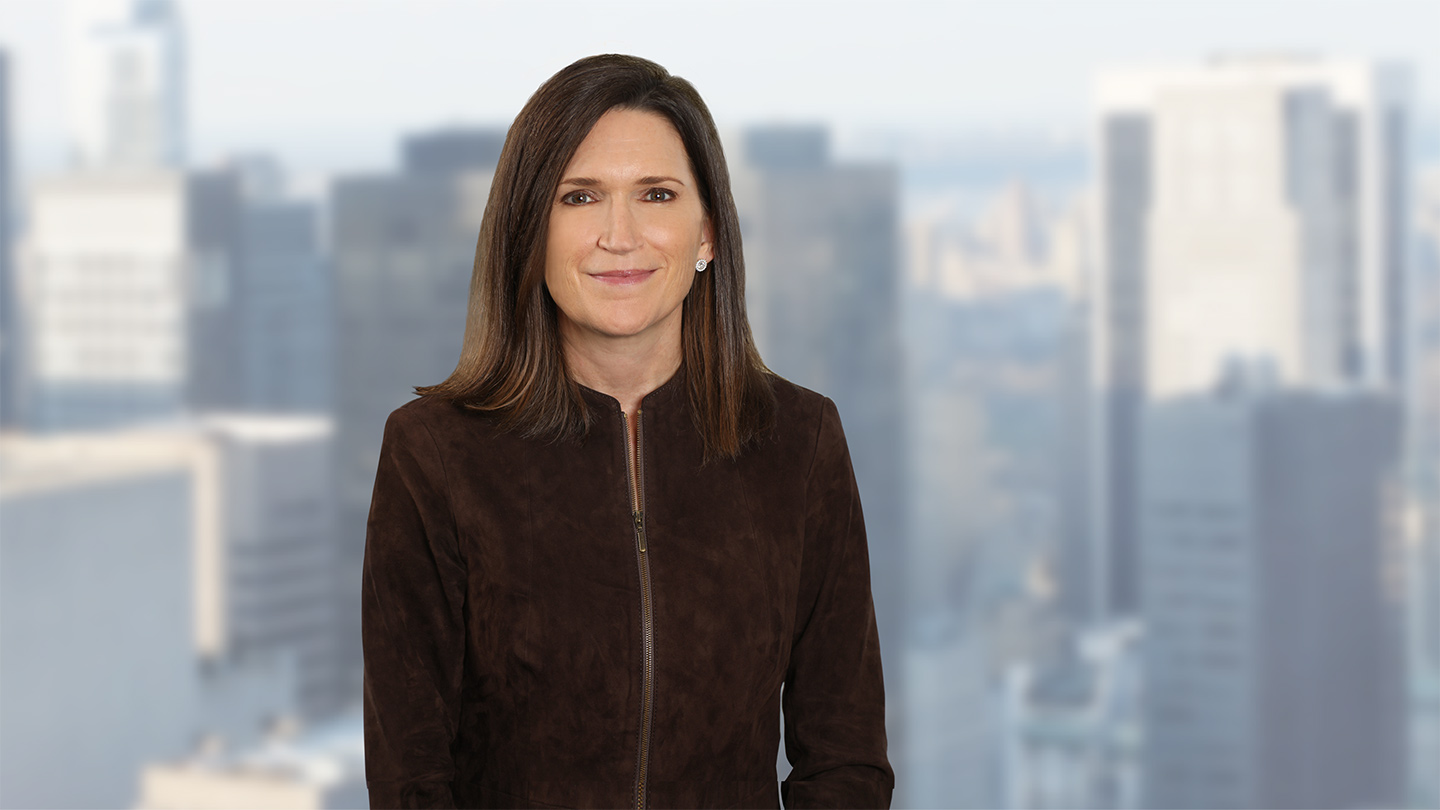More than 10 years ago, JPMorganChase began a historic investment in Detroit’s economic recovery after the city filed for bankruptcy. Leveraging research and data, we focused on the areas where our firm’s expertise and resources could make the greatest impact. As a result, we devoted business, philanthropic and human capital to promote neighborhood revitalization and affordable housing, skills training and job creation, small business growth and financial security for residents. Most important, despite being a bank headquartered in New York City, we showed up like a bank headquartered in Detroit.
The firm’s investments in Detroit, which helped spur economic growth throughout the city, also gave way to new commercial opportunities for our business. As the city’s credit rating jumped from junk bond to investment grade status and as home values doubled, our market share and commercial loans increased; so did our consumer and business banking accounts and balances. The takeaway – and business model it informed – was clear: Thriving communities are good for business.
Fast forward to today: The Corporate Responsibility department’s work is a central part of our firm’s strategy. With team members around the world, we help JPMorganChase develop hyper-local solutions to community challenges and forge meaningful partnerships with leaders in the public, private and nonprofit sectors. This multipronged approach contributes to the firm’s resiliency through economic cycles and creates strong local business conditions that bolster our competitive advantage.
Many of our current initiatives that are designed to help generate economic growth originated in Detroit. Take our virtual call centers (VCC), which provide training and employment to customer service specialists who work from home. First launched in 2022, the VCC program grew from a collaboration with Detroit’s workforce agency (established with our help in 2017) to help us attract top talent in markets where we did not have traditional call centers. Our VCC team members have earned high customer satisfaction ratings, leading us to expand the program and tailor it to other markets, including Greater Baltimore, which recently welcomed a cohort of employees who are military spouses, and Atlanta, which offers customer support in English and Spanish.
Similarly, in Detroit we partnered with nonprofit and local government leaders to open Financial Empowerment Centers that offer guidance on how to manage finances, pay down debt, increase savings and access banking products. This model helped inspire many of the services we provide in our Community Center branches, where we help residents access affordable home loans, low-cost checking accounts and financial health education workshops in neighborhoods in Akron (Ohio), Dallas, Minneapolis and New Orleans, among others.
As we continually expand our work in communities, I am often asked, “Where’s the next Detroit?” My answer is simple: It’s every market we serve. From Columbus to the United Kingdom, San Francisco to Alabama, we take the time to understand a locale and what it needs to grow its economy. We then apply lessons we’ve learned in Detroit and elsewhere to execute a tailored approach with goals like creating jobs, training workers, increasing access to housing and helping people grow their savings – all while strengthening the firm’s bottom line.
Our efforts in four very different markets, described below, just scratch the surface of how our team helps communities build wealth and catalyzes commercial impact. Click here to learn more.





